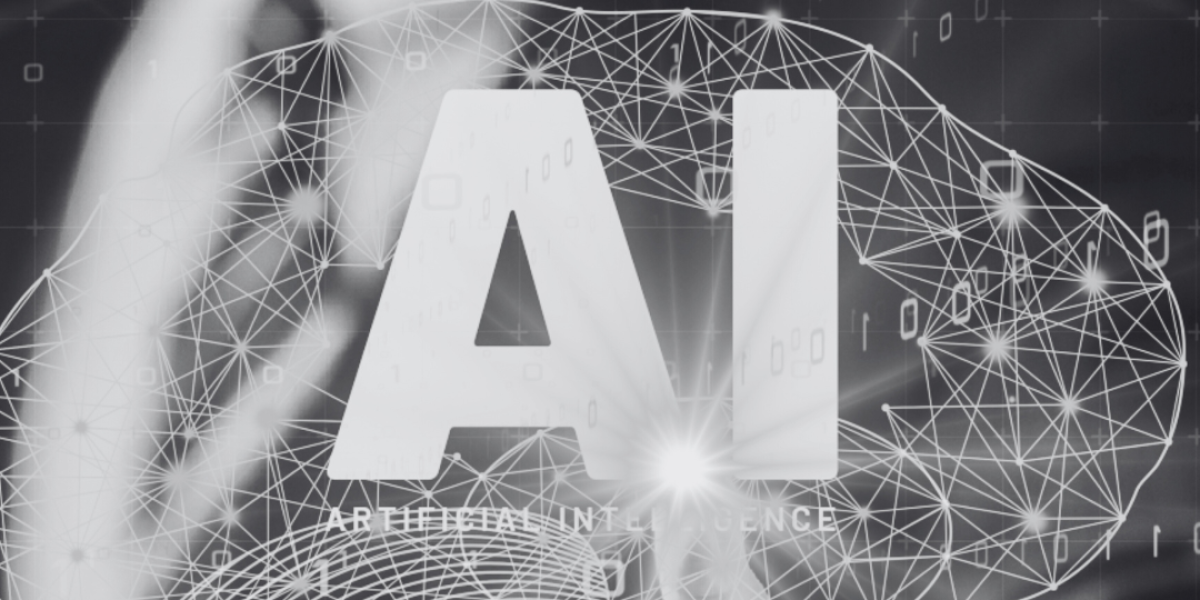Real People. Real Insights. Why Traditional Methods Still Matter
In a world where artificial intelligence is rapidly transforming every industry, it’s easy to imagine a
future where technology claims to have all the answers faster, cheaper, and at scale.
While AI has undoubtedly revolutionised many aspects of business, there’s still one thing it can’t
replicate: the depth and richness of human understanding.
Because market research, at its core, isn’t just about data. It’s about people. It’s about understanding
behaviours, attitudes, needs, motivations, and perceptions so that businesses can make better, more
human-centred decisions. That could be decisions about products, branding, marketing, customer
experience, pricing, innovation… and much more.
Here’s what great market research does:
> Understands behaviour – What are people doing? What are they buying, using, choosing,
ignoring?
> Understands why – What’s driving that behaviour? Emotions? Habits? Practical needs? Social
influence?
> Helps predict future behaviour – Based on what we know, what are they likely to do next?
> Tests ideas and concepts – Will people like this new product/service/idea before we invest in
it?
> Measures impact – Did our campaign work? Did the new packaging affect sales?
In short: it’s about reducing uncertainty and risk by grounding decisions in real-world insights.
A good survey, though it may be online and automated, isn’t just about collecting data points
(usually). It’s about understanding people, what they feel, why they act, and what drives their
choices. And that’s where the human element remains essential: in how we frame questions, interpret
nuance, and turn responses into meaning.
Take qualitative research, for example.
Whether it’s a focus group or a one-to-one interview—online or in-person it offers a window into someone’s world. A skilled moderator can hear the hesitation in a voice, notice a change in tone, or pick up on subtle contradictions between what’s said and how it’s said. These are things that even the smartest algorithms can miss. And it’s exactly why we’re seeing a shift back to in-person groups among many of our clients, it’s in these moments that the ‘why’ behind the behaviour emerges – something AI, no matter how advanced, still struggles to decode with accuracy or empathy.
That’s not to say AI doesn’t have a role, it absolutely does. From data processing and sentiment
analysis to trend spotting and predictive modelling, AI can enhance and streamline the path to
insight. But it works best as a support tool, not a replacement.
At the heart of great research is empathy, intuition, and experience. These human skills are what turn
raw data into actionable stories, stories that resonate, inspire, and drive better decisions.
So, while AI continues to reshape business processes and help researchers work more efficiently, it’s
clear that the human touch will always have a role in market research. Because real insight comes
from real people and there’s no substitute for that.

